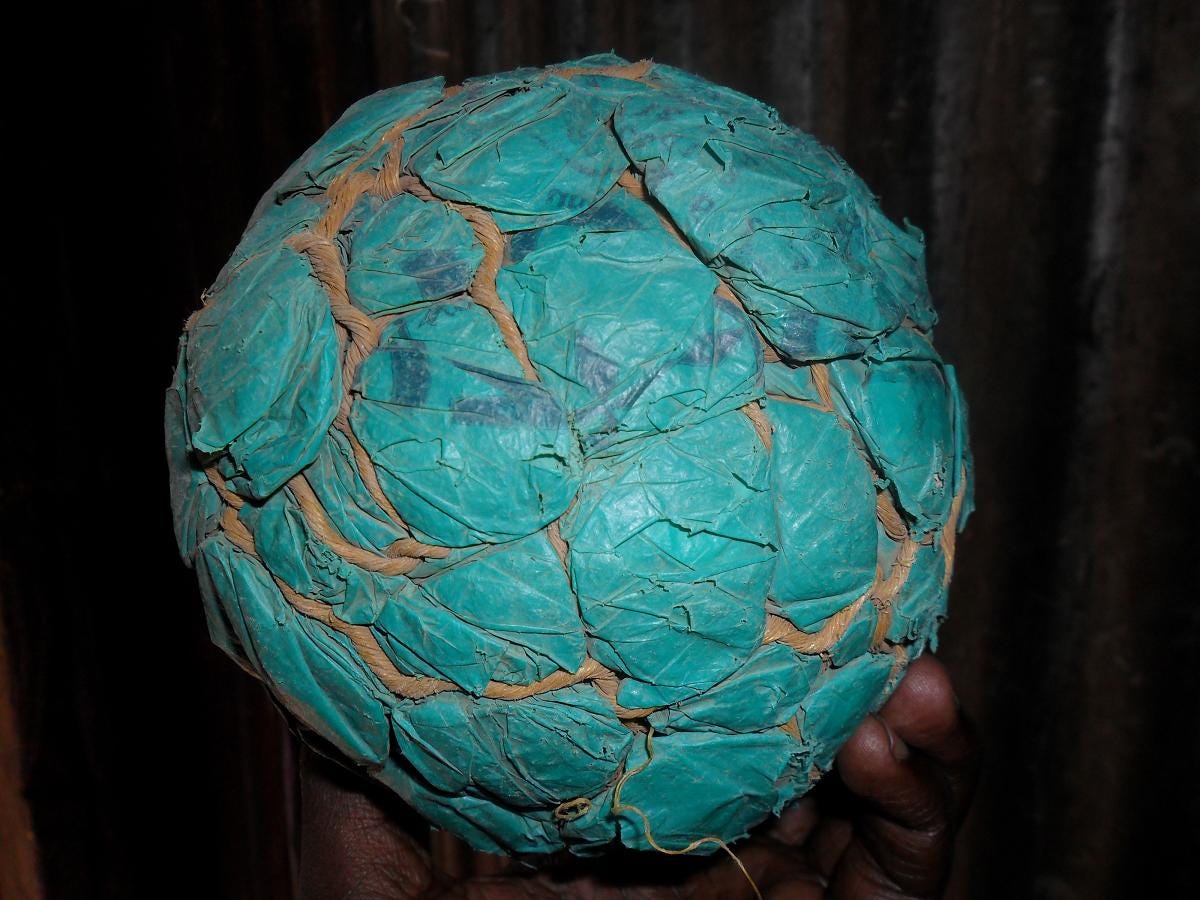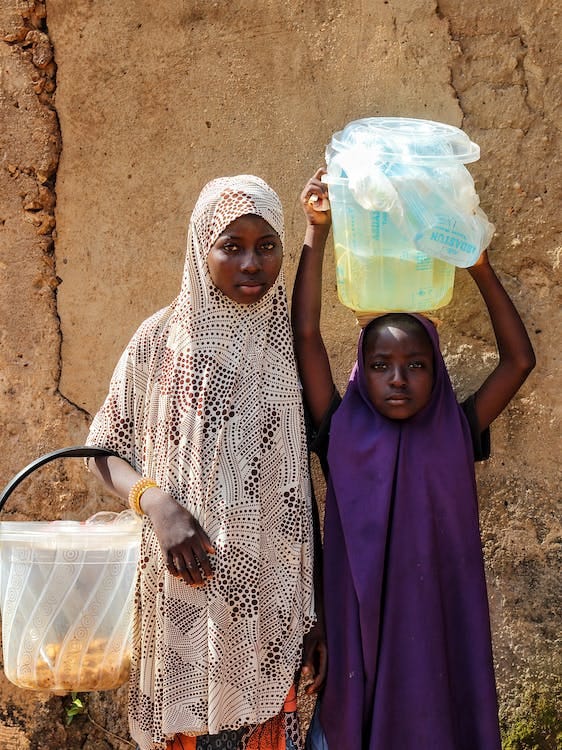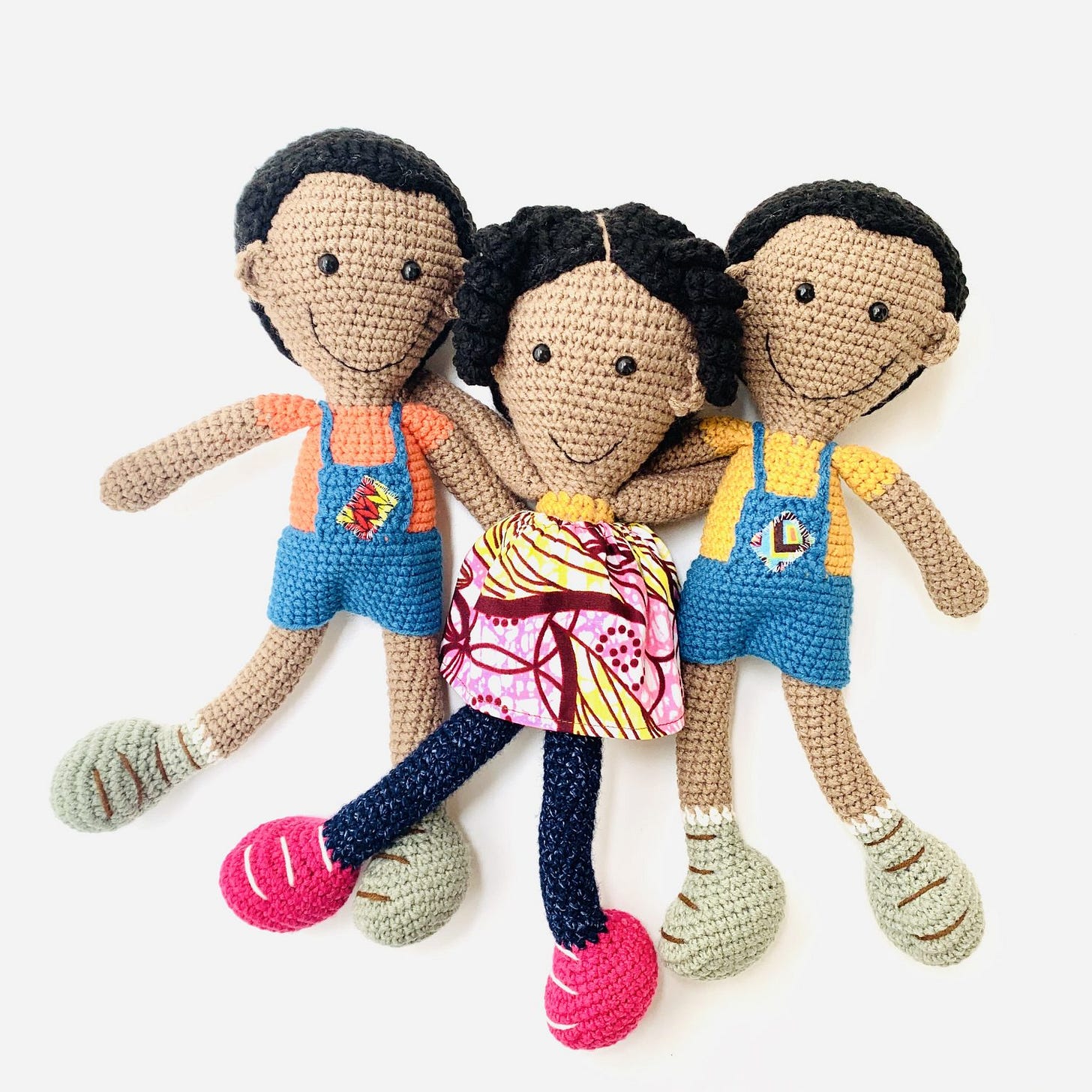Toy Stories - No Child’s Play
I’ve always felt like my childhood ended too soon. Not to say that I had a bad upbringing or a terrible time, far from it. I had a grand time interacting with the neighborhood kids, playing games, and getting into all manner of mischief - demonstrating borderline delinquent behavior. But comparing my childhood to the ones I had seen portrayed in movies and tv shows, I realized that one thing was missing - toys.
Almost all children – irrespective of race, gender, and background – love toys. If you were fortunate enough to get your hands on one, you’d be over the moon, but unfortunately, one was never enough. There was always a newer, shinier, better one. I think it's the novelty that makes them so desirable - the seemingly endless ways you could play with them were only limited by your imagination. Even though you couldn’t articulate why you wanted it or hadn’t even figured out how you’d play with it, all that mattered was that you wanted that toy.
In most neighborhoods, some had one or two, a doll or a small matchbox car, but that was pretty much it. There wasn’t the same plethora of options presented to us in the movies we saw, but we made do with what we had. They say necessity is the mother of inventions, so this lack of toys forced us to get creative to meet this insatiable desire. If we wanted playthings, we fashioned them from anything and everything – our only limit being our creativity and imagination. From footballs fashioned from discarded plastic bags and sisal strings to cars made from milk/cardboard boxes, we were resourceful, making do with what was around us. However, for most children, this period of unencumbered joy and play was short-lived.
The Adultification of African Children
From as early as 9 or 10 years old, these objects are labeled a distraction, a nuisance, and worthy of less consideration than the “serious” stuff our families needed us to contribute to. In a phenomenon aptly named adultification, we expect young African children to act like adults.
This adultification is quite a commonplace occurrence in African households. For example, it's quite normal to find a 9-year-old being adultified by expecting them to care for their younger siblings by bathing them, doing laundry, fetching water, and making trips to the shop, and while on the lighter side, these may sound like chores, on the extreme end of things, it leads to teenage pregnancies and child marriages.
Locally, children are adultified often, and, when it happens, we encourage behaviors that negatively affect their development. We turn them into mini-adults, which can hinder healthy growth as well as have lasting negative effects that follow them into adulthood. According to the Journal of Health and Social Behaviour, young people who undergo early adultification oftentimes experience elevated levels of stress and psychological strain as they struggle to cope with the burden of greater responsibility (Foster, Hagan, & Brooks-Gunn, 2008).
And what makes this situation even sadder is that, as a society, we’ve become numb to this, even at times going as far as encouraging it. Justifying this somewhat toxic behavior with statements such as “it fosters discipline” or “makes my child responsible!” I’m sorry to break it to you, but abdicating your responsibilities to a child and robbing them of childhood is not making them “responsible.”
“Stop playing with toys” may seem like an innocent statement but it may have implications that reach further than we realize. Children lose out on vital social skills honed through play and the chance to create memories through exploration. Maybe that's why it's so difficult for us to remember our childhoods: we simply didn’t have them. It's a willful amnesia of a childhood stolen from a society forced to grow up too quickly.
Everyone Deserves A Childhood
“The children of the world are innocent, vulnerable and dependent. They are also curious, active and full of hope. Their time should be one of joy and peace, of playing, learning and growing”.
- The declaration of the World Summit for Children in 1990
I used to love those cheesy Christmas movies where parents would scramble at the last minute to gift their children a whole assortment of toys. I used to be so envious. And in as much as I now know that wasn’t real life, it was just Hollywood playing up this fantastical ideal. Part of me still wants it to be real.
I now realize that one of the reasons we don’t have a thriving toy industry on a continent with the youngest population is that we see children as young adults. There’s a phenomenon in the black community called the “black tax” where black adults are expected to support their family and elderly parents financially, educate their siblings, build family homes, and fund their siblings’ businesses. But the way I see it, the black tax doesn't just start when you start earning money. Rather, I feel black tax starts the moment you start foregoing your childhood because more serious things are expected of you in favor of the fun and frivolous.
Why They Matter
Toys are not just playthings, they have an important role in children's development. Mentally toys stimulate concentration levels, enhance attention span, memory, and nurture children’s cognitive development during the most crucial childhood years. Physically, they help in, refining motor skills as they grasp and manipulate them. Socially, toys contribute to emotional development, and social skills gained from cooperation, bonding, sharing, and role-playing. Not to mention toys encourage creativity, and imagination and serve as a great tool for connection, and building positive memories.
So an argument could be made on why toys are essential, and with Africa’s young population, there is a vast double-bottom-line opportunity for toy makers to seize. But money aside, most importantly, kids need to be given the chance to just be kids, there’ll be plenty of opportunities for them to become responsible as they get older. We shouldn’t be in such a rush to usher them into adulthood, let them have their toys because they can learn a lot from play, all while having fun. So when it comes to toys it is not all just fun and games.







